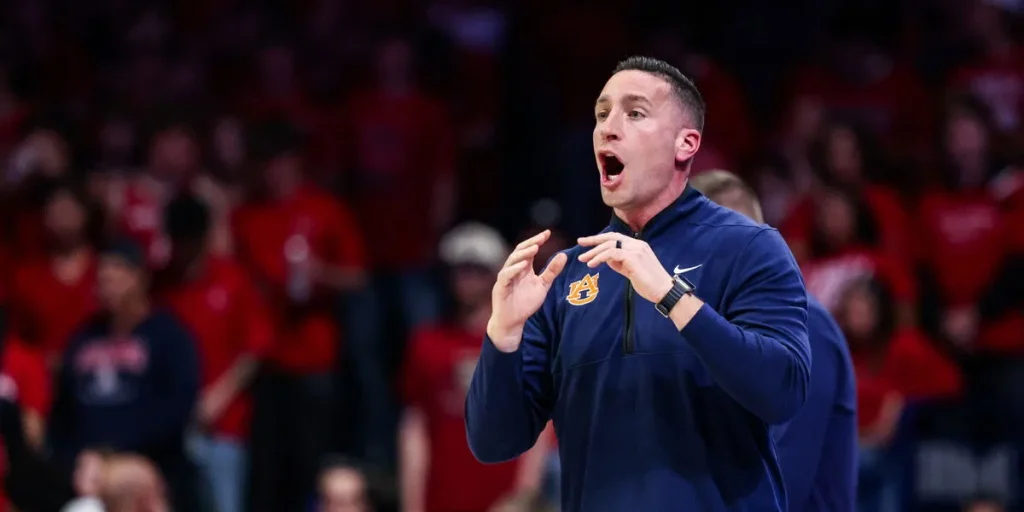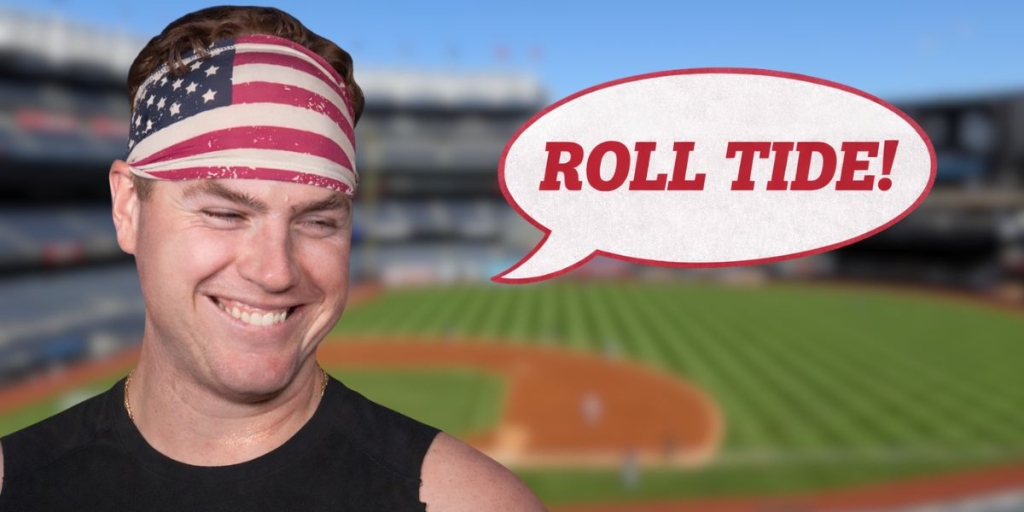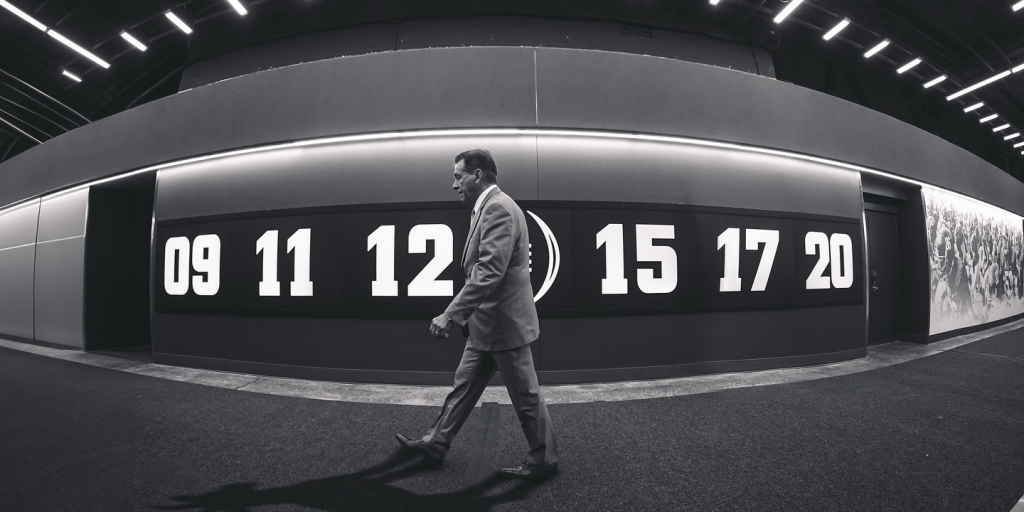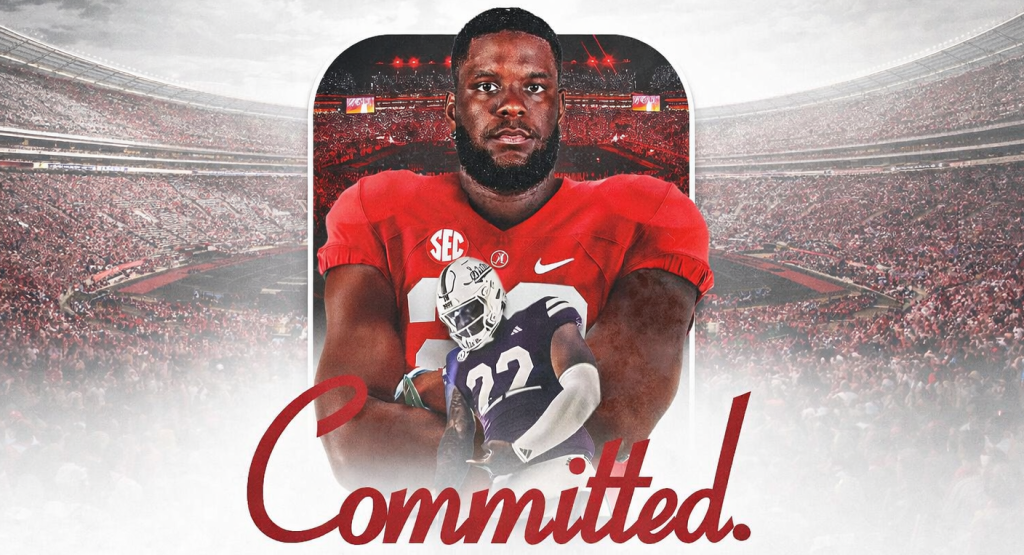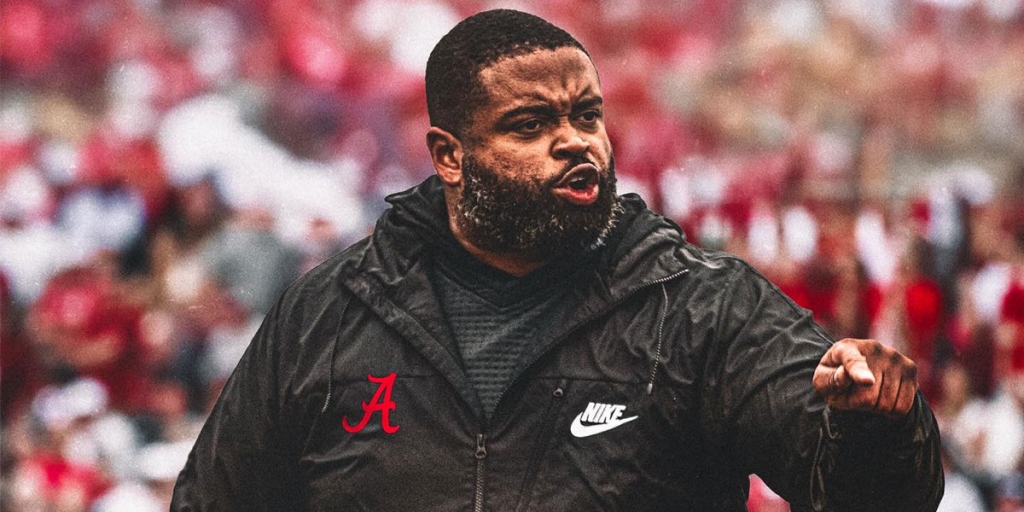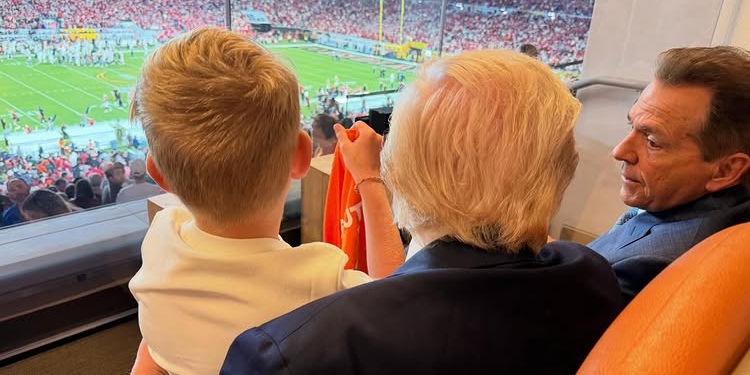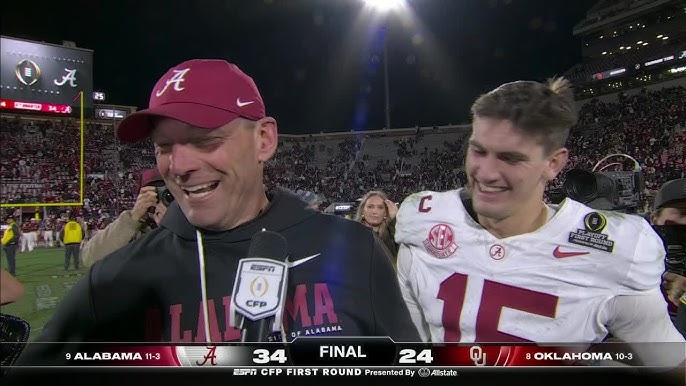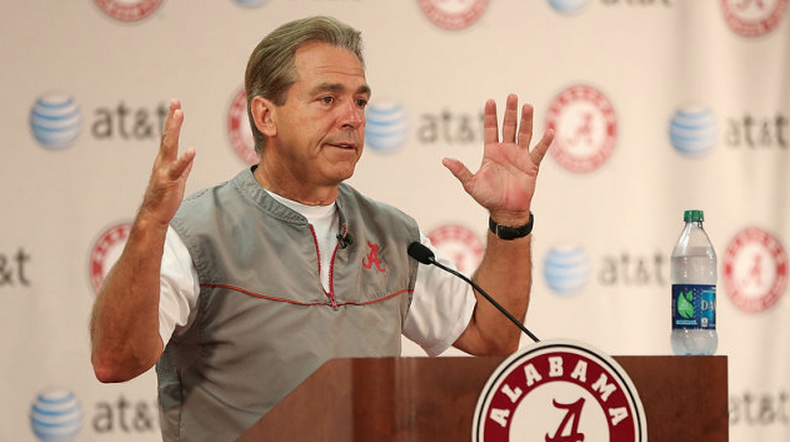
TUSCALOOSA, Ala. — University of Alabama head football coach Nick Saban expressed his dissatisfaction with a new rule handed down by the Southeastern Conference that will ban players with certain disciplinary infractions against them from transferring into an SEC school.
Coach Saban, who has often been the first to give his players a second chance—and the first to admit when they probably shouldn’t have been given one—drew criticism this offseason when former defensive lineman Jonathan Taylor, who was kicked off Georgia’s team after being arrested for domestic violence, was given an opportunity to play for the Tide. Taylor was arrested a second time this Spring after his transfer, and was removed from Alabama’s roster and dismissed from the school—all without a single judge or juror finding him guilty.
“Were you in favor of the SEC rule that was passed about banning transfers for players who’ve had serious misconduct at their previous schools?” A reporter asked Saban.
“No,” Saban said, “but I’m supportive of the league. I understand what they’re trying to do, and I was really [looking] to clearly define exactly why — or what — I thought convict(ions) and felonies should be involved in the rule, and I guess I got sort of misinterpreted. But one of the points that I tried to make was Cam Newton being in the SEC and Nick Marshall being in the SEC benefited the SEC, and it benefited those players.
“So if those players were not allowed to play in the SEC they’d be playing someplace else. What I’m most concerned about, I just think that we should have the same rules in the SEC as all the other Big 5 schools have, because now we’re not just talking about the SEC. We’re talking about having a playoff — no different than the NFL. One division in the NFL doesn’t have different rules, different salary caps, different anything because the league knows that parity is the best competitive balance that you can create.
“So when we pass rules that other people that we have to compete against — and if that is really what’s best for the young people that we’re dealing with here, the student-athletes that we’re dealing with – then it should be best for everyone, or otherwise we shouldn’t do it. So I’m hopeful that some kind of way we’ll be able to get the Big 5 together — under the NCAA’s supervision — to try to create rules that we all see in the best interest of student-athletes, which I think we need to be thinking about here: Why do we do this? It is to benefit the student-athletes, to promote opportunities for the student-athletes.
“Now, they have a responsibility and obligation to do the right thing. But what I see happening a lot is people don’t get convicted of things. They’re condemned as soon as they get arrested, and I’m not sure that’s fair because I don’t think that’s what our country was really built on.”
Like this article? Hate it? Follow me and let me know how you feel on Twitter!
— Elizabeth BeShears (@LizEBeesh) January 21, 2015




